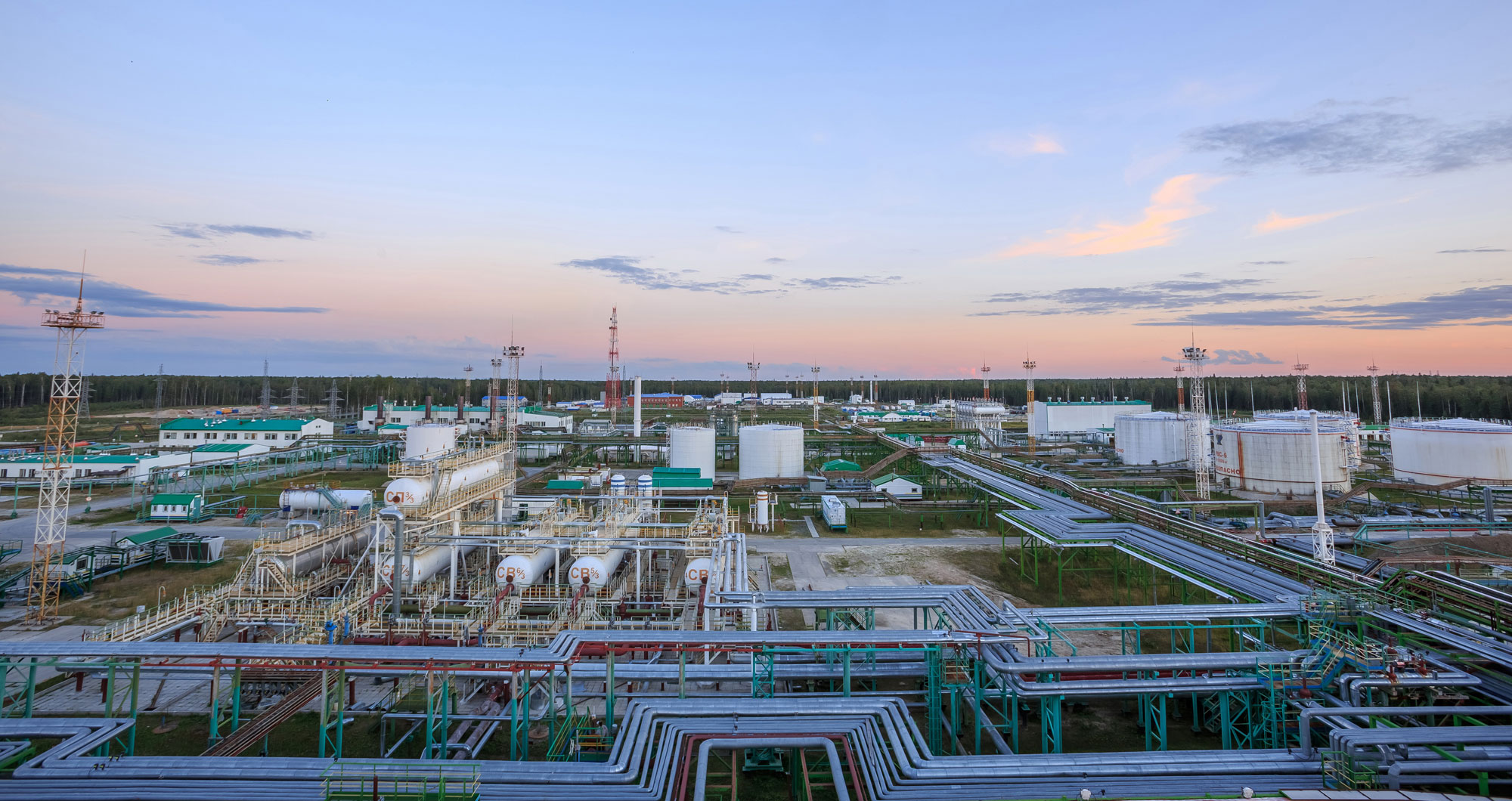The construction of Shell Pearl gas-to-liquid (GTL) plant was one of the most complex and challenging energy projects ever commissioned. The joint development by Qatar Petroleum and Shell, represents a major step forward in meeting the growing demand for cleaner energy. For example, the transport fuel can be used in existing light and heavy diesel engines with benefits including lower emissions and engine performance enhancement. Due to the size and scope of the plant, the construction project was divided into 10 ‘smaller’ projects with thousands of workers on each and a combined workforce of 52,000.
A shortage of skilled construction workers in the region was a significant safety challenge. In addition to a lack of training, the more than 50 nationalities working on the site came from multiple cultures, spoke dozens of different languages, and had little to no safety background. Dealing with this high level of complexity called for an innovative approach.
From the beginning, workplace safety was a major focus of Shell Pearl GTL. Shell formed a leadership group with the CEOs of the contractors to focus on establishing excellent worker welfare and outstanding training facilities. As these initiatives were implemented, Shell management wanted to do more work on the safety culture among the growing workforce. Shell brought JMJ into the project to support building a strong safety culture on the vast site. Our work spanned all projects and teams, including contractors and subcontractors.


